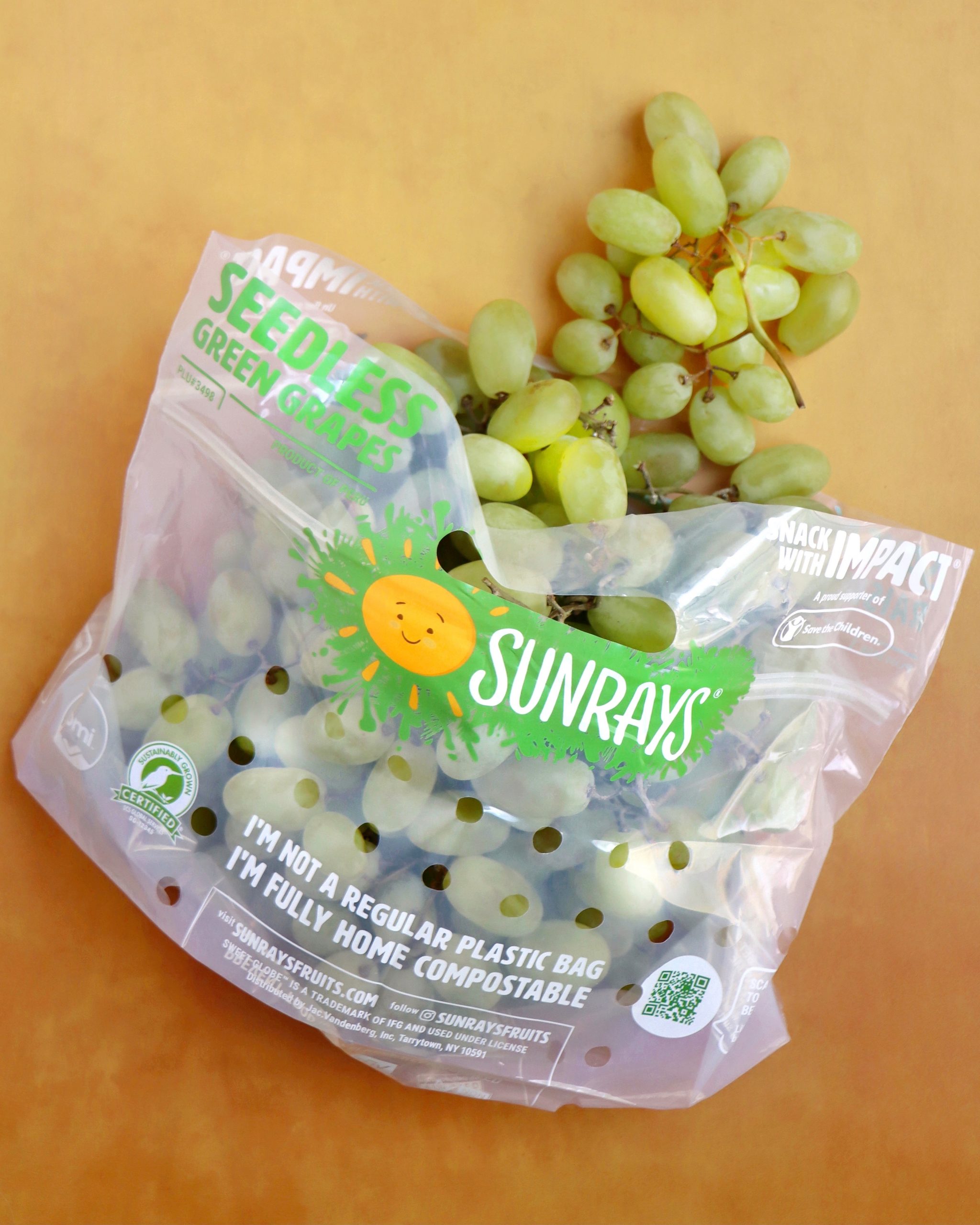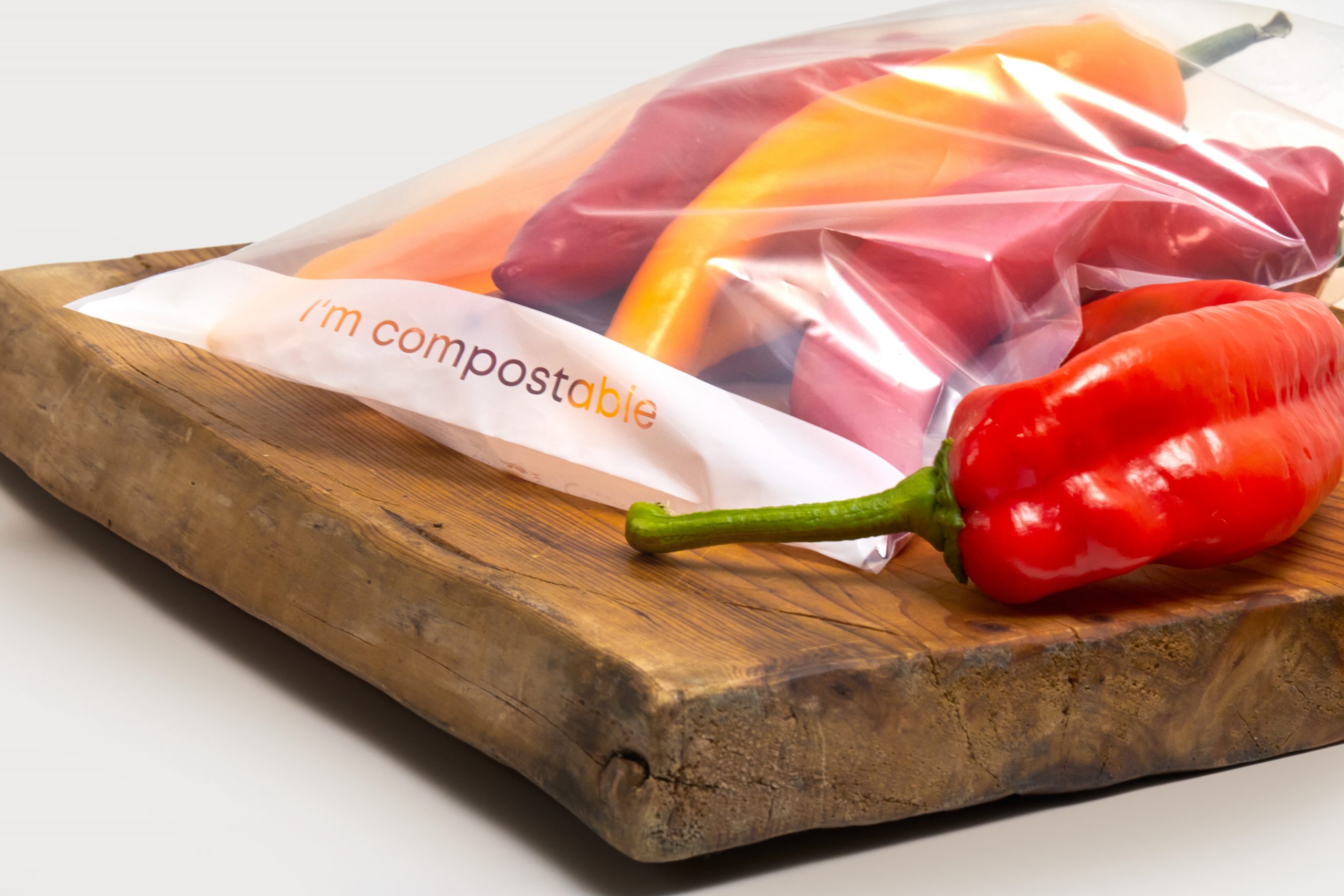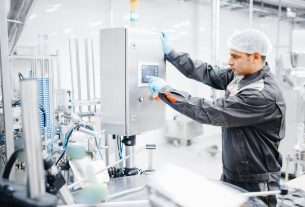Daphna Nissenbaum CEO and Co-Founder of TIPA
With over 60% of flexible plastic packaging consumed by the food industry and an estimated 180 billion polybags used every year for fashion, apparel, and accessories, the packaging industry is undoubtably contributing to the plastic crisis.
There is, however, growing consumer demand for sustainable packaging. The 2023 Buying Green report found 63% of consumers are now less likely to buy products wrapped in packaging that is deemed harmful to the environment.
Whilst individual governments are legislating on plastic packaging, with New Zealand recently banning thin plastic bags often used by customers to collect fruit and vegetables, packaging is still a necessary part of our everyday lives. Packaging is essential for several reasons, from ensuring food maintains hygiene standards to providing a protective shield to food whilst in transportation. This means in order to end our reliance on plastic we must seek out better plastic packaging alternatives.

One such alternative, one that mimics the look and durability of plastic, is compostable packaging. This type of packaging, when left in a compost bin, will decay into beneficial compost in only a few months. The compost biomass will include molecules which contain useful elements such as carbon and nitrogen, both are important for plant growth and mineralisation.
One of the dominant polymers that make up compostable packaging is Polylactic acid (PLA) which can be derived from plant material such as corn sugar, potato or sugar cane. PLA is an eco-friendly polymer, and its production has many benefits compared with traditional polymers. More specifically, 65% less energy is required and also 68% fewer greenhouse gases are generated during its production procedure.
Compostable packaging has a minimal impact on the environment and most importantly, and unlike conventional forms of plastic packaging, due to the natural polymers, no harmful toxins or chemicals are released.
Whilst compostable packaging is seen as a ‘new’ solution, it has been around for over 20 years. However, with limited performance capabilities compostables had been restricted to service basic products such as bags and disposable tableware. With advancements in technologies, businesses can now call upon leading compostable packaging manufacturers to fulfil their sustainable packaging requirements.
At TIPA, the team continues to make technological developments in innovating with compostable packaging. These developments have even allowed for the advances of compostable metalized laminates. Unlike the traditional metallization process required for standard metal laminates, which can further increase the environmental impacts on human health, ecosystems and resources, the compostable alternative doesn’t contain the harmful toxins or environmentally strenuous process.
As the world’s governments, businesses and consumers are looking to end their reliance on plastic packaging, the tried and tested environmentally friendly alternatives are already being utilized across the world. With proven successful partnerships within the food and fashion industry, globally leading compostable packaging manufacturers such as TIPA continue to advance the field of compostable packaging, ensuring that there is an end to the suffocating impact of plastic packaging pollution on the environment.






